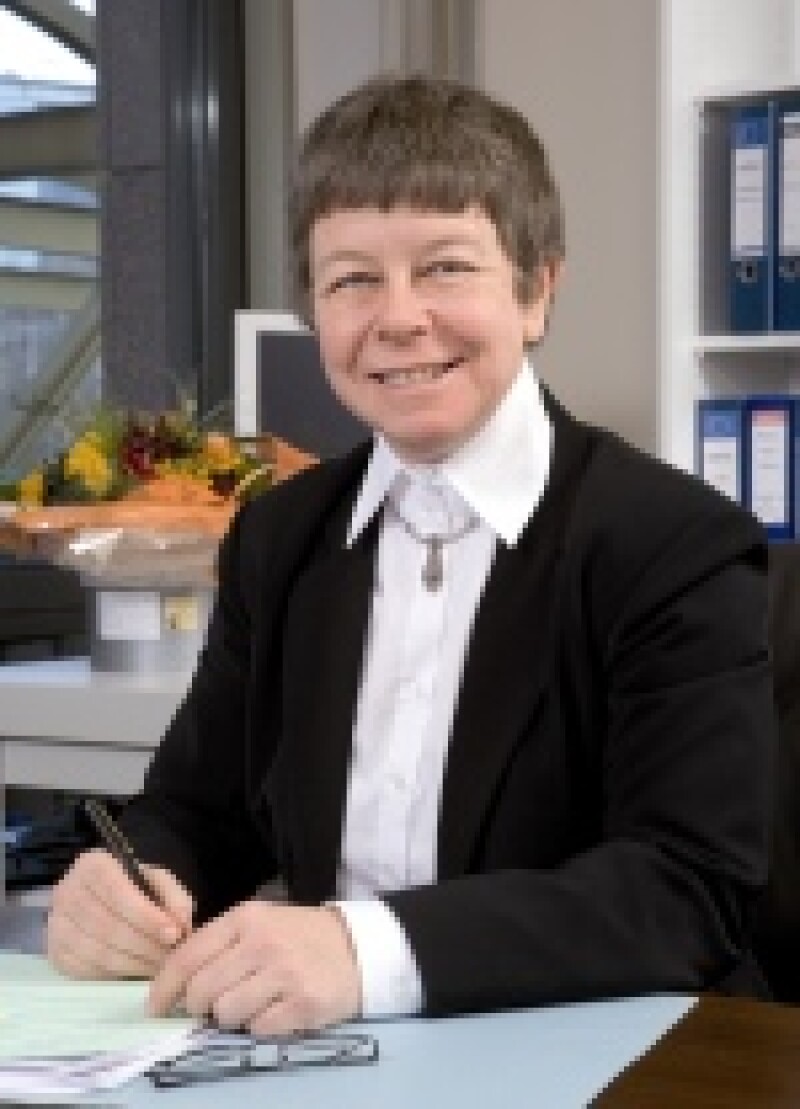
In the opinion in the Onel case, published on Thursday, Advocate General Eleanor Sharpston said that use of a CTM in a single EU member state “is not, of itself, necessarily sufficient to constitute genuine use of that trade mark”.
But she added that it is possible “when account is taken of all the relevant facts” that use in just one member state will constitute genuine use.
Sharpston said that genuine use in the Community is use that “when account is taken of the particular characteristics of the relevant market, is sufficient to maintain or create market share in that market for the goods and services covered by the Community trade mark”.
There has long been controversy over how much use is required to defend a CTM in the event of an invalidation challenge for non-use. A CTM covers all 27 member states of the EU, but OHIM’s position has always been that genuine use in one member state alone is sufficient to maintain the mark.
Critics have pointed out that as the EU has grown, and given that some member states are small, that approach is no longer fair and contributes to the trade mark register being overcrowded.
They found some solace in Sharpston’s opinion. On markmatters.com, Arnaud Bos (who was involved in bringing the Onel case to the Court) said the opinion “means the end of the current Ohim policy” as it says geographical borders are not relevant, and geographical use is just one of the factors to be taken into account.
“MarkMatters.com believes that a conclusion could be that in the event use took place in Malta this use will not be held sufficient, while use in Germany will. This also depends on the type of product sold and the market place. The evaluation of geographic intensity of use of a European trademark can be different for mass products than niche products,” he added.
But that view was questioned on twitter, where the case was discussed using the hashtag #onel. “malta/germany distinction - how on earth can you extract this from the AG opinion?” asked Jakob Balling of Arla Foods, adding: “the only right conclusion if to maintain the CTM. 1 market, 0 borders, focus on genuine use.”
And Gareth Dickson of Edwards Wildman said: “That would depend on the market more than the Member State.”
Former MARQUES Chairman Tove Graulund tweeted: “What now seems to be the crucial point to define - all depending on EUCJs final decision - is what constitutes "creating market share".
In an article online, Verena von Bomhard and Imogen Fowler of Hogan Lovells emphasised that “what matters is the commercial presence of the mark in the internal market” rather than geographical borders. The opinion therefore confirms OHIM’s consistent practice.
The important thing remains to show genuine commercial use, they said: “Where a mark is only used in one Member State, the argument must be made that this use is genuine from the perspective of the Community market, whereby country borders are irrelevant.”
On the IPKat blog, David Brophy asked: “Has the A-G dodged the question, or is her proposed answer the pragmatic solution needed by CTM owners and their advisors?"
There is a discussion about the opinion on LinkedIn hosted by MARQUES.
The opinion is not binding on the Court of Justice, which is likely to give its judgment on the questions referred within the next year.










